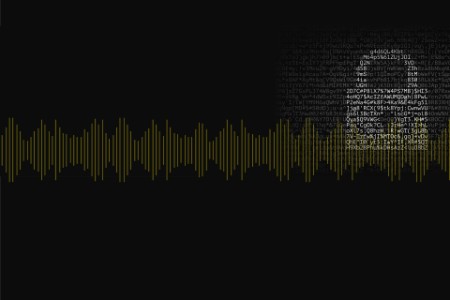Digitization of healthcare data can bring several benefits, including improved patient care, efficiency, and reduced costs. It provides patients with easy access to their medical records and personalized healthcare. However, with the vast amount of personal data being collected, there is a significant risk of cyberattacks and data breaches, leading to potential misuse of sensitive information and even physical harm.
In the first episode of the EY India Insights podcast series on 'Gateway to data privacy and protection, we delve into the data privacy landscape in healthcare with Lalit Kalra, Cybersecurity Partner and Data Privacy Leader at EY India. Lalit shares insights on the advantages as well as the risks of digitizing health data, key clauses of India's Digital Information Security in Healthcare Act (DISHA), potential safeguards, and the implications of generative AI in healthcare data.
In conversation with:

Lalit Kalra
EY India Cybersecurity Partner and Data Privacy Leader
Key takeaways
- Digitizing healthcare data offers advantages like improved patient care but can also bring risks of cyberattacks and data misuse.
- Compliance with India's DISHA Act mandates consent and risk assessments for healthcare data privacy.
- Generative AI can transform healthcare but requires regulations on usage and ethics that address data handling and decision-making risks.
Digitization improves the efficiency of a hospital and reduces cost. It also enables personal healthcare for a patient. But as data gets collected, there is risk of misuse.
For your convenience, a full text transcript of this podcast is available on the link below: Read the transcript
If you would like to listen to our podcasts on the go:
Amazon music for Podcasters Spotify SoundCloud YouTube Music
Podcast
Duration 17m 56s


